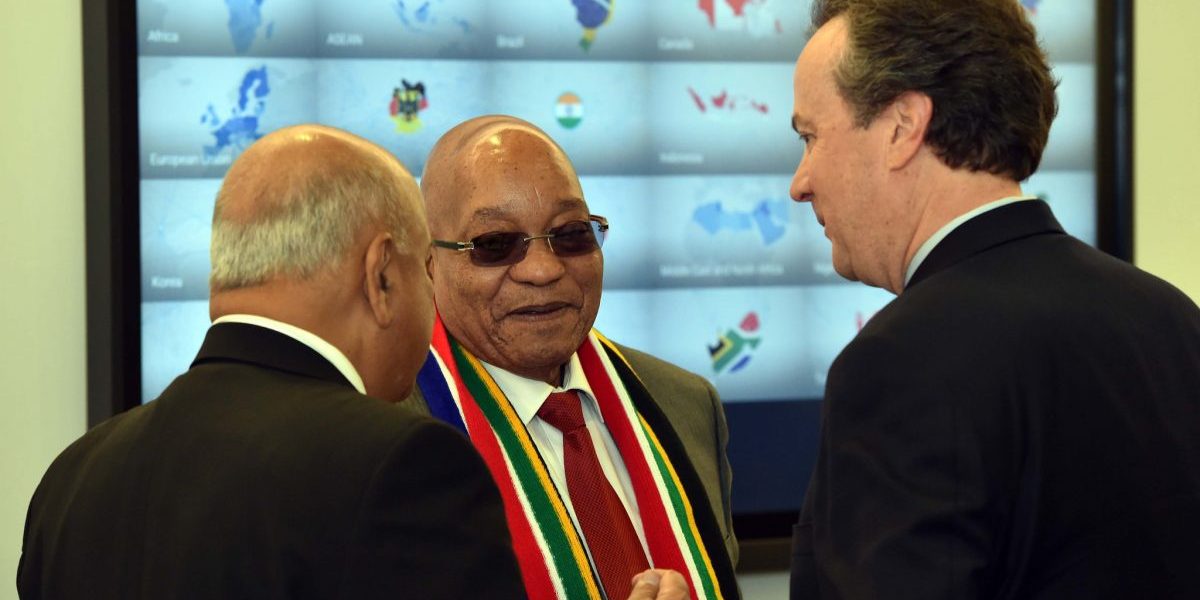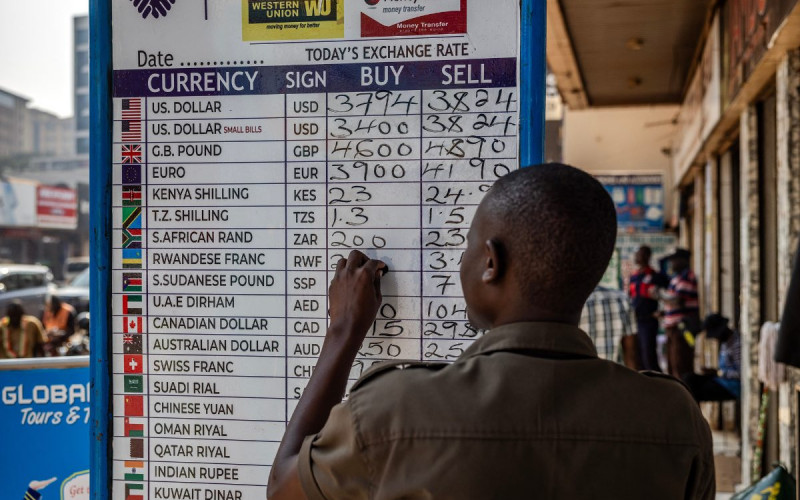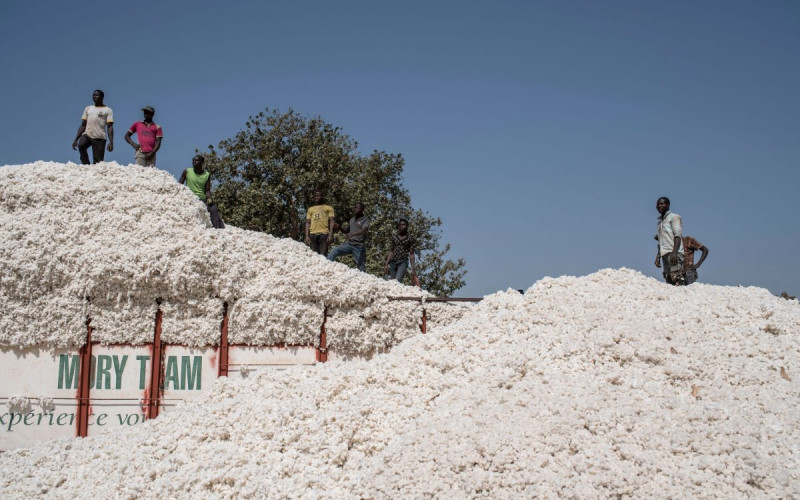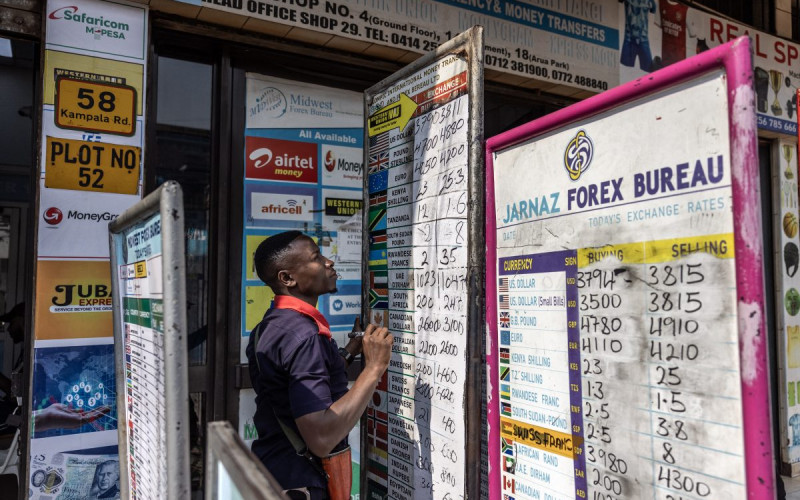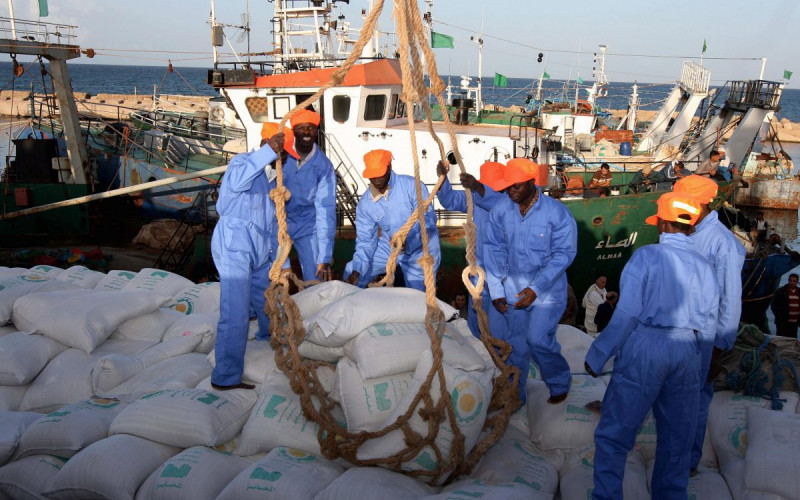South African businesses have emerged over the past 10 years as the leading investors on the continent (outside mining and energy) and are involved in retail, property, construction, manufacturing, tourism, transport, telecommunications and financial services. A study by the South African Institute of International Affairs on the involvement of the top 100 listed South African companies on the JSE Securities Exchange SA last year found only eight did not have a presence in the rest of Africa. Many unlisted companies are also active in our neighbouring states.
The Reserve Bank estimates that South African foreign direct investment (FDI) in the rest of the continent grew threefold, from R8bn in 1996 to R26bn in 2001. This figure represented only 3% of SA’s global FDI as many South African firms are still investing predominantly in Europe, the US and Asia. But the figure does exclude significant investments over the past four years, including the expansion of the Mozal aluminium smelter ($2,2bn); the laying of the Sasol pipeline ($1,2bn) in Mozambique; the AngloGold Ashanti merger ($1,4bn); and the continental expansion of banks, retailers and telecommunications companies such as MTN and Vodacom. Last year’s World Investment Report estimates that SA’s investment in the continent grew to 7% of its total FDI abroad in 2002.
Africa has managed to increase its share of global FDI inflows to 2,6% in 2003. Thus the increase in South African investment in Africa from 3% to 7% shows that although South African investors do not necessarily assess risk in Africa that differently from overseas investors, there is growing confidence in the region’s prospects.
Despite the relatively small value of South African FDI in the rest of the continent, the effect has been significant. The reasons are self-evident. South African FDI is having a disproportionate effect on African economies, first, because Africa has traditionally attracted very little FDI outside its extractive industries and, second, because of the small size of individual economies.
Africa’s best-performing economy, Botswana, had a workforce of just less than 500000 in 2001. Of this number about 275000 were employed in the formal sector, and about 45% of this figure by the government. The rest of the workforce was employed in the informal sector. Botswana recorded an unemployment rate of about 19,5%.
In other countries in the region, the proportion of the informal sector is significantly higher. A notable example is Mozambique, where just more than 80% of the workforce is self-employed in subsistence farming. It is in this context that even small investments of R10m a project are having a significant effect.
This effect is perceived both in a negative and positive light. On the one hand South African investment is clearly leading to the growth of the private sector in Africa, by increasing revenue generation for governments, improving economic growth and exports, transferring technology, ensuring the reindustrialisation of some economies through the acquisition and revitalisation of moribund state-owned enterprises, formalising the market and thereby ensuring greater price stability and consumer choice, creating employment, transferring business skills, introducing good corporate practice, and boosting investment confidence from other foreign investors who have tagged on to South African FDI.
On the negative side, the institute has found that South African investments have limited links with local businesses because of their capital-intensive nature and knowledge specificity. South African businesses are highly dependent on imports and local procurement is marginal, often less than 10% of total sourcing, due to high costs, the absence of consistent supplies and low volumes. The expansion of 10 South African retail groups into the rest of Africa has worsened this problem. with many countries complaining their markets are being used to dump South African goods.
SA maintains a significant trade surplus with most African countries, up to 90% in cases. The exceptions are Nigeria, Egypt and Tunisia, which enjoy marginal surpluses.
South African FDI is contributing to distortions in economies through the response to generous incentive schemes that many African governments have adopted to entice foreign investment, but which exclude local businesses.
Lastly, South African firms, with rare exceptions, are clearly dominating and crowding out local firms. Although this in itself is no different from the behaviour of other foreign investors, the sheer volume of South African companies moving into the rest of Africa is causing resentment. Also, South African FDI is not combined with the sweetener of donor assistance that other investors are able to offer African governments, contributing to accusations of neocolonialism.
This poses a significant challenge to SA’s government to manage perceptions. SA, as the key economic player on the continent, faces a challenge in the way it engages with the economies to its north. Increasingly, calls are being made to regulate South African company behaviour to support ethical corporate citizenship and sustainable business practice. Clearly this route could serve SA and Africa well, especially as the involvement of SA’s business sector in the rest of the continent is desirable – as a driver for sustainable economic development, and in countering the economic marginalisation of Africa. A discussion that involves business about how this could be effectively achieved is long overdue.

